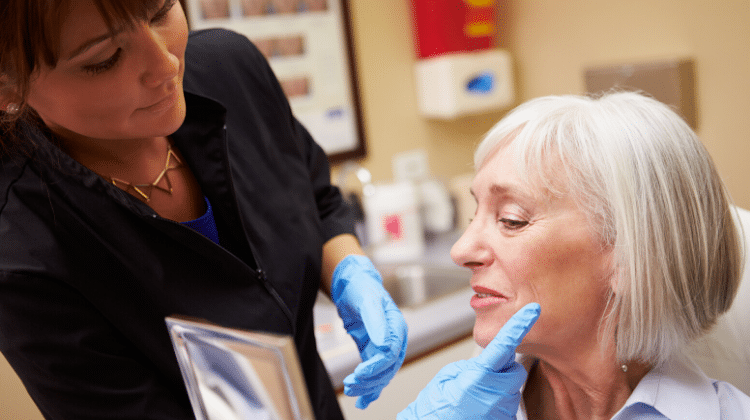
Brought to you by Interface Aesthetics:
Anyone with even a passing interest in the beauty world knows that non-surgical aesthetics treatments have been increasing in popularity in recent years. These so-called ‘tweakments’, such as Botox, laser peels and injectable fillers, have become commonplace in beauty clinics, medi-spas and possibly even your local hairdresser’s salon.
The Rise of Tweakments
Although these cosmetic procedures used to be used solely by film stars and supermodels, they’re now hugely popular options for ordinary men and women from all walks of life. This boom in demand has boosted the beauty industry by billions of dollars, with Botox and facial fillers making up nine out of 10 beauty procedures, according to a recent BBC article.
The growth of social media and reality TV shows has accelerated the pursuit of physical perfection, with cash-rich, image-conscious Millennials driving the demand for accessible and affordable injectables and fillers.
The growth of this hugely profitable market has led to a whole host of new providers entering the field in a bid to tap into this lucrative beauty trend. However, as the industry has been largely unregulated, there have been concerns over the standards of care and levels of training undertaken by some providers.
A Call for Higher Standards
In 2013, the UK government called for a report into healthcare practices that included investigations into the provision of medical aesthetic treatments. This high-level study was carried out by the National Medical Director for the NHS in England, Professor Sir Bruce Keogh.
One of the regulations to emerge from the report was a requirement for non-surgical aesthetics treatments to be administered by medically-trained providers. Because even though the treatments aren’t classed as surgical operations, they are still medical procedures that require the proper training and awareness of good healthcare practices.
New Career Options
The legislation and recommendations in the Keogh Report have created a demand for medically-trained professionals who offer these popular beauty treatments.
This represents a unique opportunity for people with a wide variety of medical training, who are looking to offer these profitable procedures, either as an additional service to their existing businesses, or as a brand new career direction.
With a short course in aesthetics training, doctors, dentists, and nurses can take advantage of their existing medical qualifications and healthcare backgrounds to begin offering aesthetics treatments in line with the new higher standards.
As they already have medical qualifications, they have a distinct advantage in meeting the new requirements and can fast-track their entry into the market as medically-trained, qualified aesthetics practitioners.
Even healthcare professionals with no prior training in beauty treatments can quickly become approved providers, thanks to the emergence of specialist aesthetics training companies.
What is Aesthetics Training?
With the booming demand for fillers and injectables, a number of training academies have begun offering courses in delivering these procedures. These are specialist providers who train their delegates in treatments such as Botox injections, dermal peels, and fillers with courses ranging from beginner and foundation levels to more advanced techniques and procedures.
One course, in particular, has come to be recognized as the gold standard of training within the medical aesthetics field: the Level 7 Certificate in Injectables. Only a select number of the best companies are currently offering this higher-level training.
Although some of the course content can be studied online, the best training providers will offer plenty of opportunities for hands-on practice, performing the procedures on live patients. These expert companies can also offer business and marketing guidance to those new to the industry, helping them to monetize their new skills as effectively as possible.
The courses range in duration. Some basic skills can be covered in a single-day program, whereas more advanced qualifications will be undertaken over a number of weeks in order to build up the expertise and portfolio required to become a competent and confident practitioner.
As the demand for non-surgical beauty procedures looks set to grow even more in the years ahead, it’s easy to see why more and more medical professionals are investing in specialist aesthetics training. And with improvements in techniques and technology opening the market up even further, those with a healthcare background are perfectly placed to expand their careers into this exciting and highly lucrative field of medical practice.